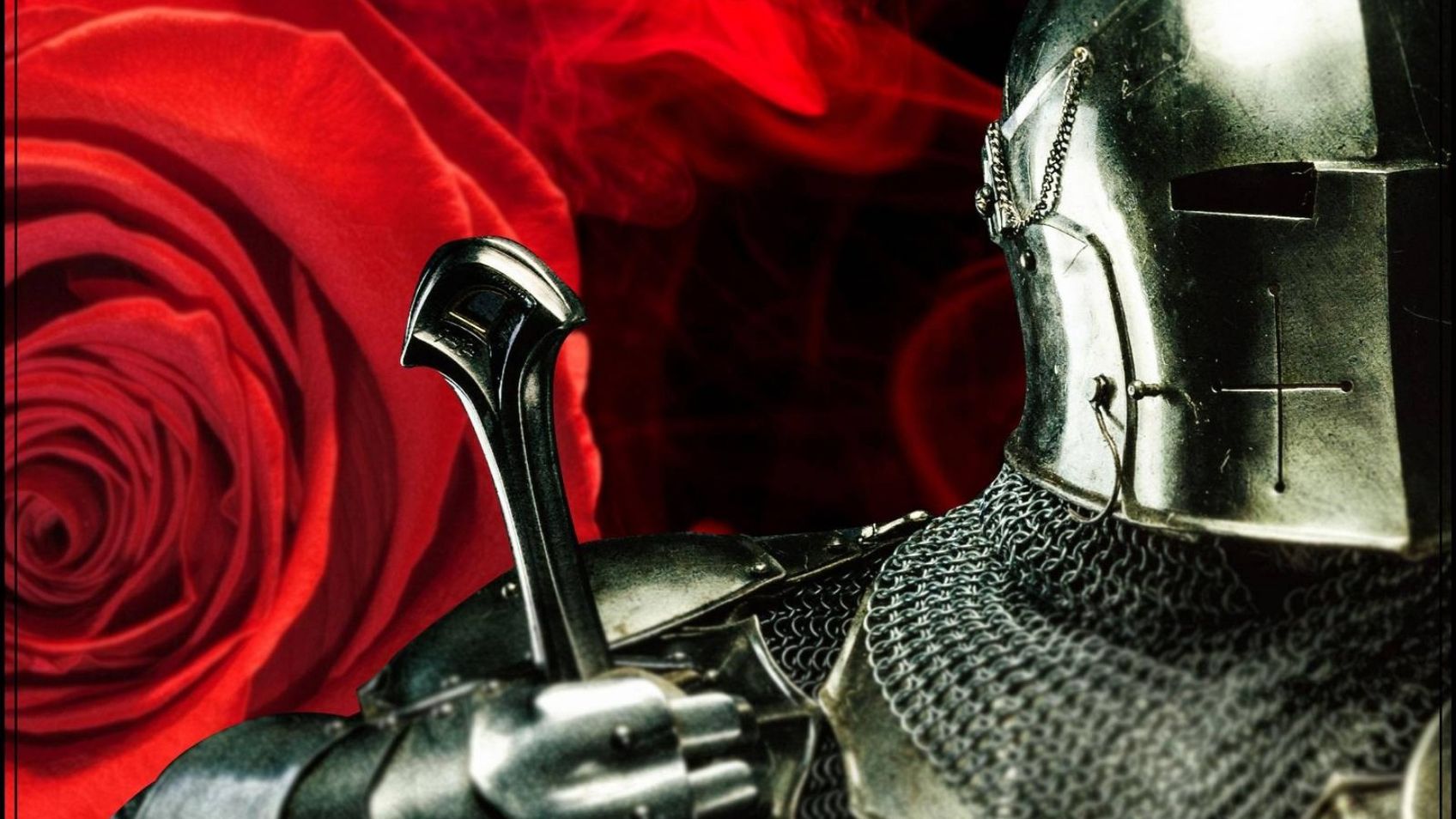Sean McDowell: The Fate of the Apostles

Wintery Knight and Desert Rose welcome Dr. Sean McDowell to discuss the fate of the twelve Apostles, as well as Paul and James the brother of Jesus. Many Christians incorporate the willingness of the earliest Christians to die for their beliefs in their case for the resurrection of Jesus. Sean takes a deep dive into history to find out what we know about these early Christians.
Please subscribe, like, comment, and share.
Show notes and transcript: https://winteryknight.com/2025/05/10/knight-and-rose-show-63-sean-mcdowell-fate-of-the-apostles
Subscribe to the audio podcast here: https://knightandrose.podbean.com/
Audio RSS feed: https://feed.podbean.com/knightandrose/feed.xml
YouTube: https://www.youtube.com/@knightandroseshow
Rumble: https://rumble.com/c/knightandroseshow
Odysee: https://odysee.com/@KnightAndRoseShow
Music attribution: Strength Of The Titans by Kevin MacLeod Link: https://incompetech.filmmusic.io/song/5744-strength-of-the-titans License: https://filmmusic.io/standard-license
More From Knight & Rose Show






More on OpenTheo















